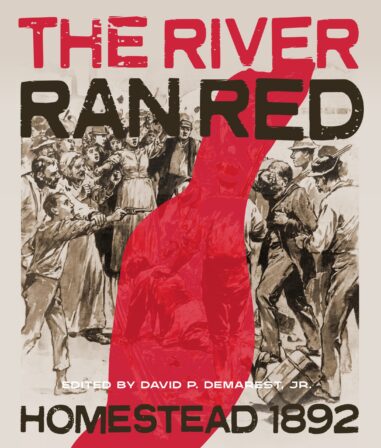On July 6, 1892, violence erupted at the Carnegie Steel mill in Homestead, Pennsylvania, when striking employees and Pinkerton detectives hired to break the strike exchanged gunfire along the shore of the Monongahela River. The skirmish left some dozen dead, led to a congressional investigation, sparked a nearly successful assassination attempt on Carnegie Steel executive Henry Clay Frick, and altered the course of the American labor movement. The River Ran Red recreates the events of that summer using firsthand accounts and archival material, including excerpts from newspapers and magazines, reproductions of pen-and-ink sketches and photographs made on the scene, passages from the congressional investigation, and poems, songs, and sermons from across the country. Contributions by outstanding scholars provide the background for understanding the social and cultural aspects of the strike, as well as its violence and repercussions. Written to commemorate the hundredth anniversary of the strike, The River Ran Red records and contextualizes public and personal reactions to one of the most important events in labor history, the reverberations of which are still felt today.

